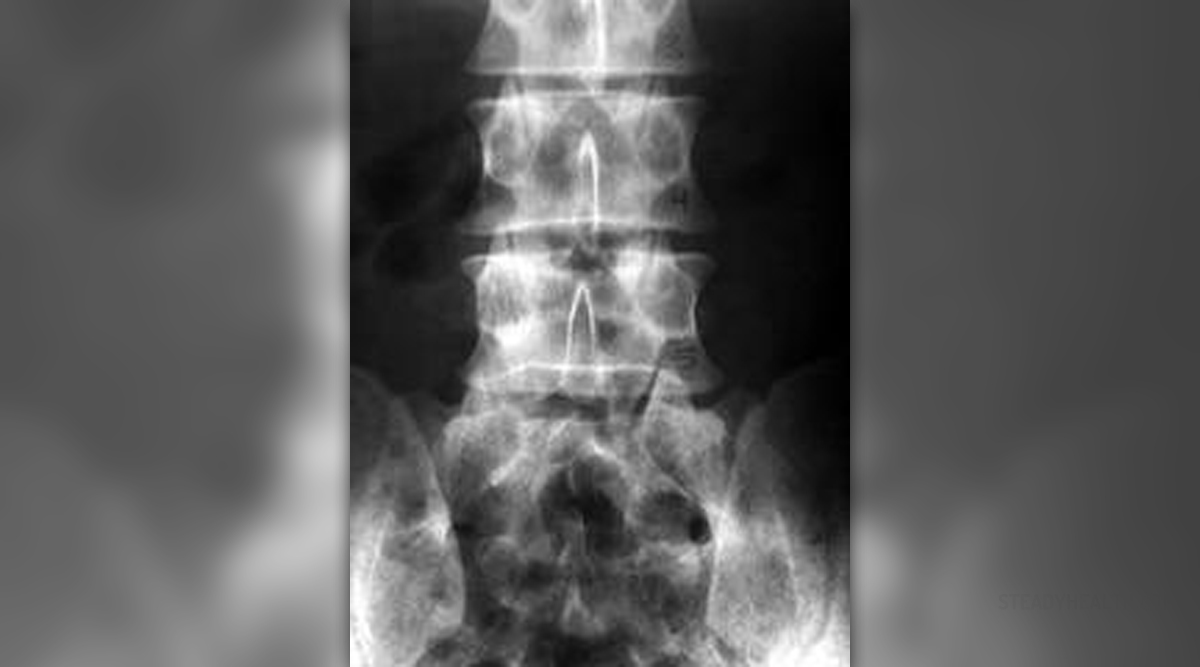
Kyphosis is a medical term for normal outward curvature of the thoracic spine or upper back. However, the curvature of the thoracic spine that is more than 50 degrees is called abnormal kyphosis of the thoracic region. Kyphosis causes the back to appear rounded forward. Exaggerated rounding of the back can be a result of certain degenerative diseases of the skeletal system. Normally the thoracic spine is in a C-shape which stabilizes the spine and provides shock absorption. Therefore, abnormal kyphosis can cause pain and numerous other symptoms.
Causes of Thoracic KyphosisThe most common type of kyphosis is called postural kyphosis and is caused by poor posture. It is usually first identified during adolescence. The curvature is often slightly increased in people who are prone to slouching.
Sometimes, kyphosis can be congenital. Congenital kyphosis is the rarest type of kyphosis and occurs when the vertebrae abnormally develop in a fetus.
Scheuermann’s kyphosis, also called adolescent thoracic kyphosis, typically appears in adolescence due to structural deformity of the vertebrae. Scheuermann’s kyphosis causes the body to bend forward because of abnormal wedging of the vertebrae. Exact cause of this type of kyphosis is unknown but it is believed the condition may be hereditary.
Injuries to the spine and degenerative diseases of the spine such as spinal arthritis and disk degeneration can also causes kyphosis. People with osteoporosis are susceptible to fractures of the spine and have increased risk for thoracic kyphosis. Other possible causes of thoracic kyphosis include spine infections, spine tumors, cerebral palsy, polio, muscular dystrophy and connective tissue disorders.
Symptoms of Thoracic KyphosisSymptoms of thoracic kyphosis may differ depending on the cause of the condition. The most common symptom of abnormal kyphosis is related to the appearance of the upper back. The condition causes poor posture and round back appearance. Restricted range of motion due to poor posture is common as well.
The ability of the spine to bear weight is also affected. This may cause difficulty standing upright and results in abnormal gait. Thoracic kyphosis can be also accompanied by back pain, muscle fatigue, musculoskeletal pain, spinal stiffness or tenderness and tension headaches. Severe kyphosis can cause shortness of breath, chest pain and damage to internal organs.
Treatment for Thoracic KyphosisAbnormal kyphosis is generally treated with anti-inflammatory medications, pain relievers, back bracing and physical therapy. The patient must also correct his or her posture with thoracic kyphosis exercises. Surgical treatment may be necessary only if kyphosis is severe with the curvature more than 70 degrees or if the condition is accompanied by persistent pain.


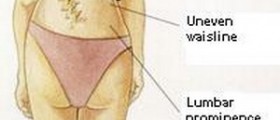

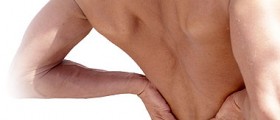
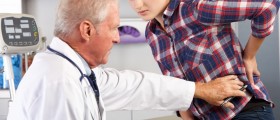
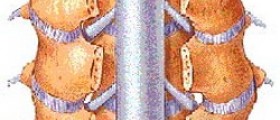

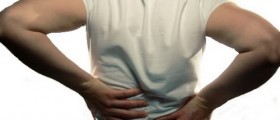

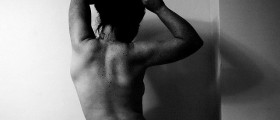

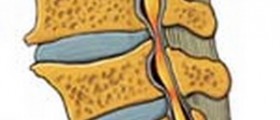
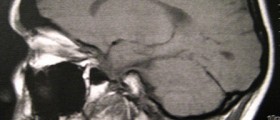

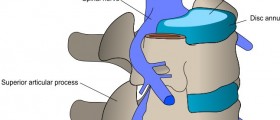
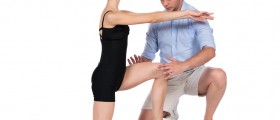
Your thoughts on this
Loading...